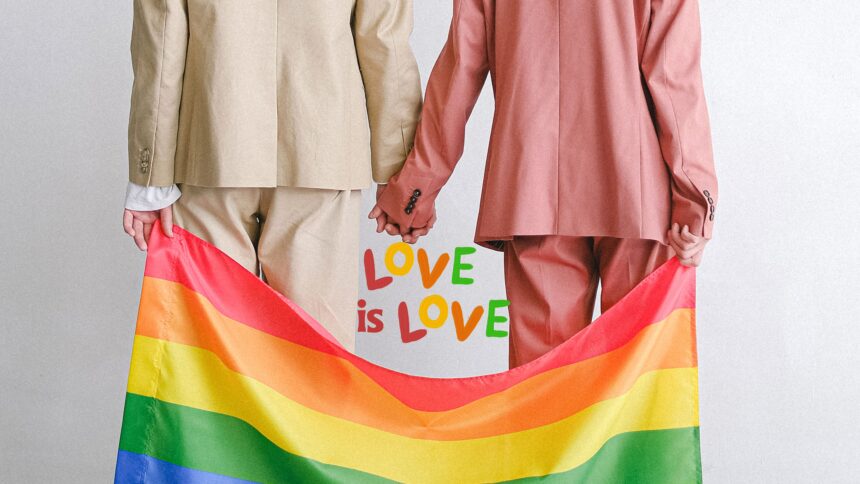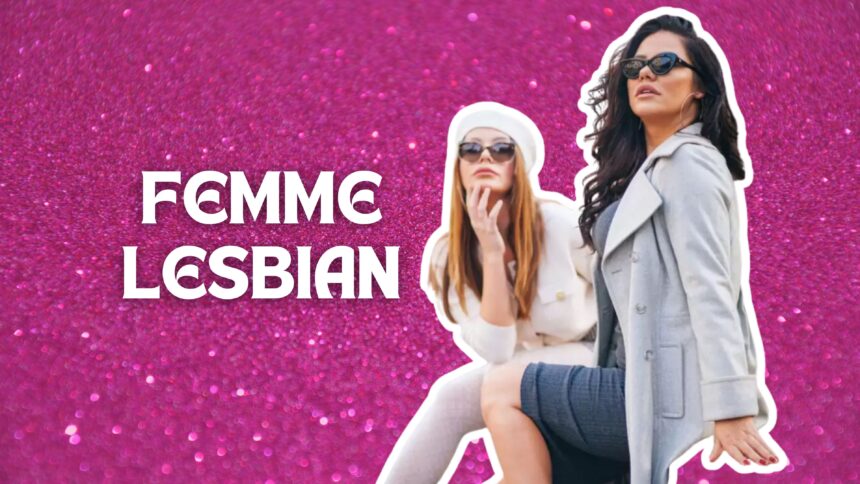Japan has long been known as one of the world’s safest countries, and that is also true for LGBTQ+ people. However, safety is not always the same as acceptance. Whatever you think of 2003’s The Last Samurai, there is some truth to Tom Cruise’s character noting that, while not ill-treated, he is sometimes given a “mild neglect” by those around him. This is a feeling that some LGBTQ+ people might feel in Japan.

Things are undoubtedly better than they were even a few decades ago, and the majority of Japanese people accept LGBTQ+ people. But there are still challenges faced by the queer community in Japan. Today, we’ll take you through what some of them are, and how they can affect people.
Lack of legal recognition
The most significant thing that people will point to as a problem for the LGBTQ+ community in Japan is the lack of marriage equality. Japan is the only G7 nation not to recognize same-gender marriage, and even if you are married to someone of the same gender abroad, it is not recognized by the Japanese government. There are sometimes “workarounds,” such as adult adoption for those yet unmarried, or Designated Activities visas for those married abroad, but this is a far cry from the dignity that the LGBTQ+ community deserves.

There are Partnership Oath Certificates that couples can get, which often bestow many of the rights that married couples enjoy — in theory. While these certificates (offered by city, municipality, or prefectural governments) request that businesses, hospitals, and housing authorities treat LGBTQ+ couples in possession of the certificates in the same way as married couples, they are not legally binding.
Many places of business do accept them, which is much better news for queer people than even ten years ago. But without the backing of the law, many are still, essentially, dependent on kindness.
Why Does Japan Have So Few LGBTQ+ Legal Protections?
When it comes to the lack of equal marriage it is a matter of the constitution. Article 24 of the constitution reads, “Marriage shall be based only on the mutual consent of both sexes and it shall be maintained through mutual cooperation with the equal rights of husband and wife as a basis.”
Although this article was primarily drafted to prevent forced and abusive marriages, the wording of it is argued by opponents of marriage equality to mean that same-gender marriage is inherently unconstitutional. Although many High Courts in Japan have ruled that, in fact, this interpretation of Article 24 is itself unconstitutional, and at odds with the guarantee of equality, it would take an act of government to enshrine these rulings into law, something the current administration is reluctant to do.

While LGBTQ+ people are protected in Japan under general laws that guarantee equality of treatment, because there Japan has long had a “don’t ask don’t tell” attitude towards sexuality, and while violence towards LGBTQ+ people is not unknown, it is far rarer than it was in western countries, especially the US.
As such, the LGBTQ+ community in Japan, facing less overt oppression (and not being criminalized in the same way as in the west) did not have the same pressure to coalesce as a political group, at least until the AIDs crisis of the 1980s. Additionally, due to a Japanese preference to maintain harmony, even those rights groups that were active (at least until recently) were more inclined to be non-confrontational.
Social Difficulties
One area where LGBTQ+ people (in the abstract) have found better representation has been in popular culture. Especially in the sphere of manga, queer characters have been present for decades. However, in many cases, these characters were either highly sexualized, or used as comic relief (even in the highly acclaimed Tengen Toppa Gurren Lagann, the gay character Leeron, the most intelligent member of the cast, most often acts extremely stereotypically “fey,” and has a distinctly less serious character design).
There have been more realistic portrayals of LGBTQ+ people in recent years, with Netflix’s The Boyfriend being a smash hit around the world, and more thoughtful (if fantastical) depictions of queer youth in anime like Cherry Magic and The Summer Hikaru Died. However, because Japan often tends to keep sexuality quiet, as mentioned, this means that many people can be unaware that they have met someone queer, and this can lead to LGBTQ+ being antagonized, both knowingly and unknowingly.
A survey this year revealed that up to 90% of LGBTQ+ youth in Japan had experienced some form of negative issue relating to sexuality in the past year, with over 63% saying they had suffered when classmates did or said something under the assumption that nobody LGBTQ+ was in the room, and 44% used LGBTQ+ topics as a subject of ridicule or as a joke.

The lack of marriage equality also means that, if someone wishes to care for their partner in the event that they are sick or injured, they may have to forcibly out themselves to their employer, which many fear, as they believe that this could affect their career prospects.
Rise of Political Antipathy
The last point, about needing to out oneself to an employer or even friends in the event that your partner gets sick was especially concerning during the height of the Covid-19 pandemic, and that wasn’t the only problem that the LGBTQ+ community have faced in its wake. Although it appears to be most pronounced in countries such as the US, Japan is not immune from conspiracy theories and misinformation, and this has led to the rise of political danger.
The most visible of these is the ascent of Sanseito (参政党, “Political Participation Party”). A far-right populist party whose leader, Sohei Kamiya, is a conspiracy theorist and virulent anti-semite, the party won a total of 15 seats in the upper House of Councillors in the Diet this year. As you can imagine, although they do not hold enough power to affect meaningful change, it is worrying for the Japanese LGBTQ+ community.

Sanseito is explicitly opposed to the majority of LGBTQ+ rights, as well as minority rights in general. Kamiya has explicitly said that it is party policy to repeal the LGBT Understanding Promotion Act, a law passed to promote understanding fo queer people and prevent discrimination. It is also opposed to marriage equality, as well as insisting on a “return to traditional family values.”
Less notably, but not less concerning, were the three seats won in the same election by the Conservative Party of Japan, as well as two seats won in the House of Representatives last year. Founded after the 2023 passage of the aforementioned LGBT Understanding Promotion Act, the party is also fundamentally against LGBTQ+ rights.
In a 2024 Tokyo by-election, where it came fourth, it distributed anti-LGBTQ+ pamphlets and made discriminatory speeches on megaphones, causing some residents to be afraid to leave their homes.
It is important to remember that, despite these problems, Japan is, still, a safe country for queer people. The vast majority of people, in poll after poll, support LGBTQ+ rights, including marriage equality, and local governments (the kind that are most vulnerable to far-right infiltration) have been leading the way in improving LGBTQ+ recognition by expanding Partnership Oath Certificate systems across the country.
Nevertheless, liberation never has been an easy path to walk, and there are still many challenges to overcome.






